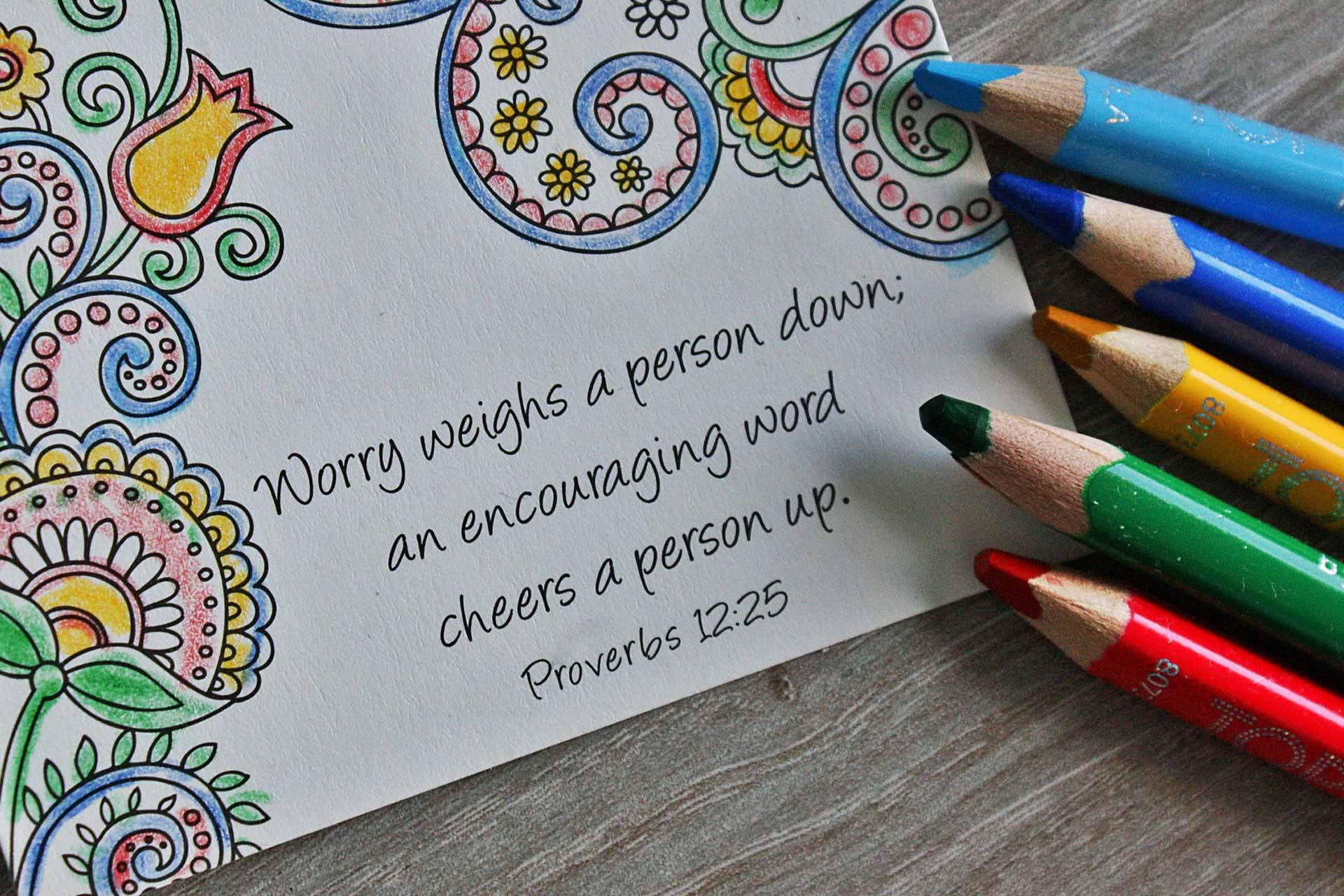6 Symptoms of ADHD in Adults
Finding online research about the symptoms of ADHD in adults can be difficult. While there are plenty of articles about symptoms of ADHD in children, the research for adults is limited. However, based on qualitative findings and some quantitative research, here are six behaviors that can signify ADHD in an adult. Possible Symptoms of ADHD in Adults You struggle with restlessness For children, this may look like hyperactivity. In adults, it often feels like an inability to stop fidgeting or perhaps thoughts that run through your mind at a rapid pace. If you find yourself unable to focus on a task because your task makes you think of something else, and then another thought, and then a different thought, this could be a signal of restlessness. Still, other symptoms also need to be present (and comorbidities ruled out) before an ADHD diagnosis can be confirmed. Other symptoms of restlessness might include a fixation on stressful occurrences in your life or others’ lives, getting easily agitated by everyday concerns, or going from frustrated to extreme anger in a short period of time. Restlessness in adults can be a symptom of other issues, so it’s always best to reach out to a counselor at one of our offices to start the diagnostic process. You misplace items frequently Because focus and attention are typically a struggle, one of the symptoms of ADHD in adults that can change from childhood to adulthood is organization. If you were diagnosed as a child, this may mean you did not turn in projects on time, you frequently lost important homework or books, or you had a hard time keeping your room clean. For adults, the struggle with organization can be masked. However, it may be easier for you to recognize if the following “I” statements sound [...]











